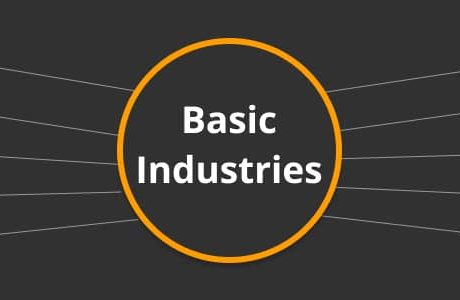Think about it: wouldn’t it be awesome if you were able to hire seasonal staff without all the hassle involved in posting jobs endlessly, calling through endless lists, and vetting hundreds of candidates?
Of course, the answer is yes, it would be. However, in order to achieve that goal, you will need to master the art of hiring seasonal staff.
Knowing the correct way of going about making seasonal hires will save you a lot of effort, time, and money while ensuring that you make the most ideal hires. The following article will discuss the various ways you can go about recruiting seasonal hires.
Here are 7 Ways to Hire Seasonal Staff for your Business:
1. Hire From Your Customer Base:
Your customers are people who have already given you some level of respect, trust, and authority enough to form a business relationship with you. Doesn’t it then make sense hiring people who already know, trust, and probably love you?
This option is usually overlooked, or most employers have just never thought about it, but your customer base is one of the best sources of seasonal staff. This is because they already have an above-average understanding of your products and brand which makes them more likely to be excited talking about them.
Moreover, your customer base is one of the easiest audiences to reach. This is due to the fact that you probably have them on an email list where you easily communicate with them. One of the most effective ways to entice your customers to be your workers is by telling them about your desire to hire them than telling them about the employee discounts they will enjoy.
2. Start Early:
Starting before your competitors will greatly enhance your chances of making good hires. As such, you should have a clearly outlined strategy for your seasonal need and begin posting positions as early as four months before the time you will need them.
The benefit of doing this is that it will allow you to build an extensive pipeline of candidates while also ensuring that you make contact with the qualified prospects before other companies seeking the same workers.
Any employer or HR department that believes that they do not have to start the recruitment process early will, unfortunately, find themselves having to scramble to hire. This will inevitably affect the quality of their hires.
3. Be Clear in Your Job Descriptions:
Your job advertisement needs to clearly state that you are looking for seasonal staff. Thus, ensure that you explicitly mention the same in your job title.
Adhere to the following when crafting your job description:
Make your requirements clear.
A lot of seasonal jobs do not necessitate work experience. However, you need to highlight the qualifications or certifications that you are looking for.
Also, be sure to describe any physical requirements there might be. For instance, if the position will require some degree of strength of endurance, be sure to mention that so that only qualified people can apply.
Mention the work schedule
Applicants usually need to know the number of hours and days they will be working and whether the schedule is flexible. Being clear about the work schedule will help you avoid conflicts once the hire has been made.
Clearly explain your compensation system.
Any job advertisement that is vague about its compensation structure is likely to turn away its applicants. Thus, ensure that you clarify how much they will be getting paid and how they will be getting paid i.e. hourly or salaried.
4. Ask for Referrals From Your Employees:
The loyal and hardworking members of your staff are likely to know other such people. As such, they are likely to bring those people on board if they get the opportunity to do so. Then, why not give them that opportunity?
This means that you should think about starting an employee referral program that grants a bonus at the end of the season to any employee that brings another good employee to the organization.
If you are not in a position to, then simply ask your current employees to recommend what they think would be successful additions to the company when it needs seasonal staff.
5. Think About Retirees:
If your business’s needs are not physically demanding, then you should consider hiring retirees for your seasonal work. Retirees are especially attractive since they do not only have extensive work experience, but they are also usually open to a flexible work arrangement.
Moreover, unlike college students who are likely to move on after they graduate, retirees are more than likely going to return for the next season.
6. Consider Utilizing a Recruitment Agency:
A recruitment agency in Vietnam will save you time and effort by sourcing and shortlisting prospects for your open positions.
This is especially relevant if you are looking for seasonal staff as they will be able to get those employees fast. This is because a recruiting firm usually has a network of candidates with whom they have already established relationships. Agrilabour.com.au is one such agency that allows agricultural firms to find temporary employees fast.
Another benefit of using an agency is that it fills your pipeline with qualified candidates to ensure that you only make the best hires.
This is enabled by the fact that the agency usually undertakes the initial phases of the hiring process such as resume screening and the first interview. This makes your hiring process to be more efficient.
7. Visit Schools:
Where else are you likely to find people with lots of energy and time but lacking in money. That’s right; college. A lot of college students are usually looking to fill their long and frequent breaks with some seasonal work so they can earn some money.
Moreover, there is no other place you are likely to get young, bubbling, and intelligent people than college. See whether you can visit some colleges and advertise your positions.
Looking for a job is usually harder than looking for talent to fill your positions. However, the quality of talent is what usually determines the success of an organization. Getting good seasonal staff is, therefore, a lot harder since you are more than likely going to compromise on the quality of your hires. You should, therefore, consider utilizing the above tips to ensure you get the best quality seasonal staff regularly.
Read Also:






















